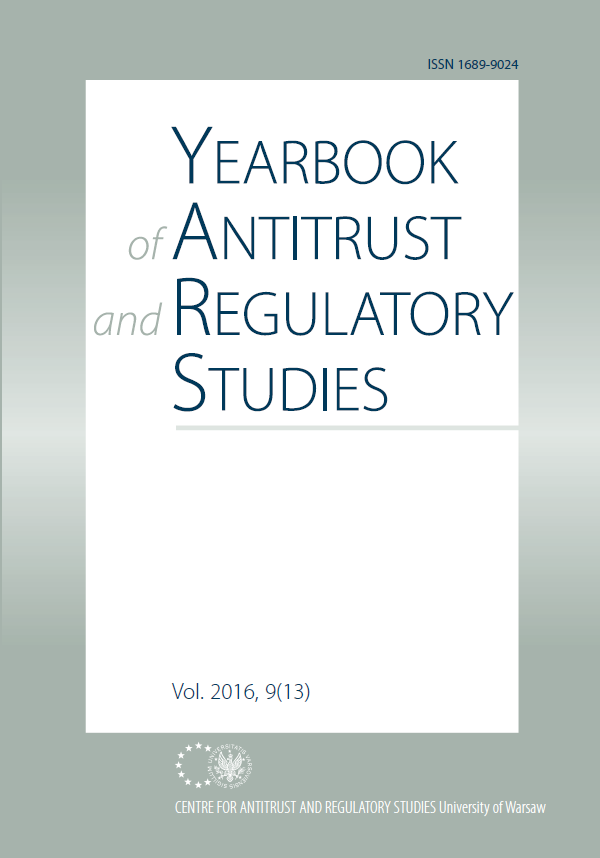The Regulatory Consumer in EU and National Law? Case Study of the Normative Concept of the Consumer in Hungary and Poland
The Regulatory Consumer in EU and National Law? Case Study of the Normative Concept of the Consumer in Hungary and Poland
Author(s): Katalin J. CseresSubject(s): Business Economy / Management, Commercial Law
Published by: Wydawnictwo Naukowe Wydziału Zarządzania Uniwersytetu Warszawskiego
Keywords: consumer protection; consumer image; EU; Central and Eastern Europe; law enforcement
Summary/Abstract: This paper analyzes the question how EU and national laws implemented and how courts and regulatory authorities apply two opposing regulatory approaches and the corresponding legally defined images of consumers in market regulation: the active and responsible consumer concept on the one side along with the more protective concept of vulnerable consumers on the other side. The paper examines the normative concept of the consumer from a broad perspective of market regulation by focussing on unfair commercial practices as this is a horizontal instrument involving a broad range of transactions in various markets and because the Unfair Commercial practices Directive 2005/29 specifically lays down the normative concept of the consumer (both ‘average’ and ‘vulnerable’) in its provisions. The analysis proceeds on the basis of the normative standard as developed in the ECJ’s jurisprudence on free movement rules and further provides a case study of two Central and Eastern European Member States – Hungary and Poland. It examines how EU law and national laws implemented, and how the ECJ and national courts and regulatory authorities interpret the normative concepts of the consumer (both ‘average’ and ‘vulnerable’). The specific questions the paper analyzes are: Do the existing normative notions of the ‘average’ consumer and the definition of consumers in EU and national law correspond to public policy discourse on consumers’ active role in regulating markets? How do these laws address the vulnerability of consumers? How do the EU and national law notions conceptually link to each other? And most importantly how do courts and regulatory authorities interpret these notions? The paper finds that while there are clear normative concepts of the consumer in the legislation and EU free movement jurisprudence, their application in other fields of EU consumer law, as well as in national law, demonstrate a more nuanced image of the consumer. The paper argues that the legal rules and the envisaged concepts of the consumer need to be enriched by insights from law enforcement. Moreover, both law and law enforcement must be informed both of how markets evolve and how the role of consumers changes as well as enriched by the results from other social sciences, most notably behavioural economics studying consumer behaviour.
Journal: Yearbook of Antitrust and Regulatory Studies (YARS)
- Issue Year: 9/2016
- Issue No: 13
- Page Range: 9-41
- Page Count: 33
- Language: English

